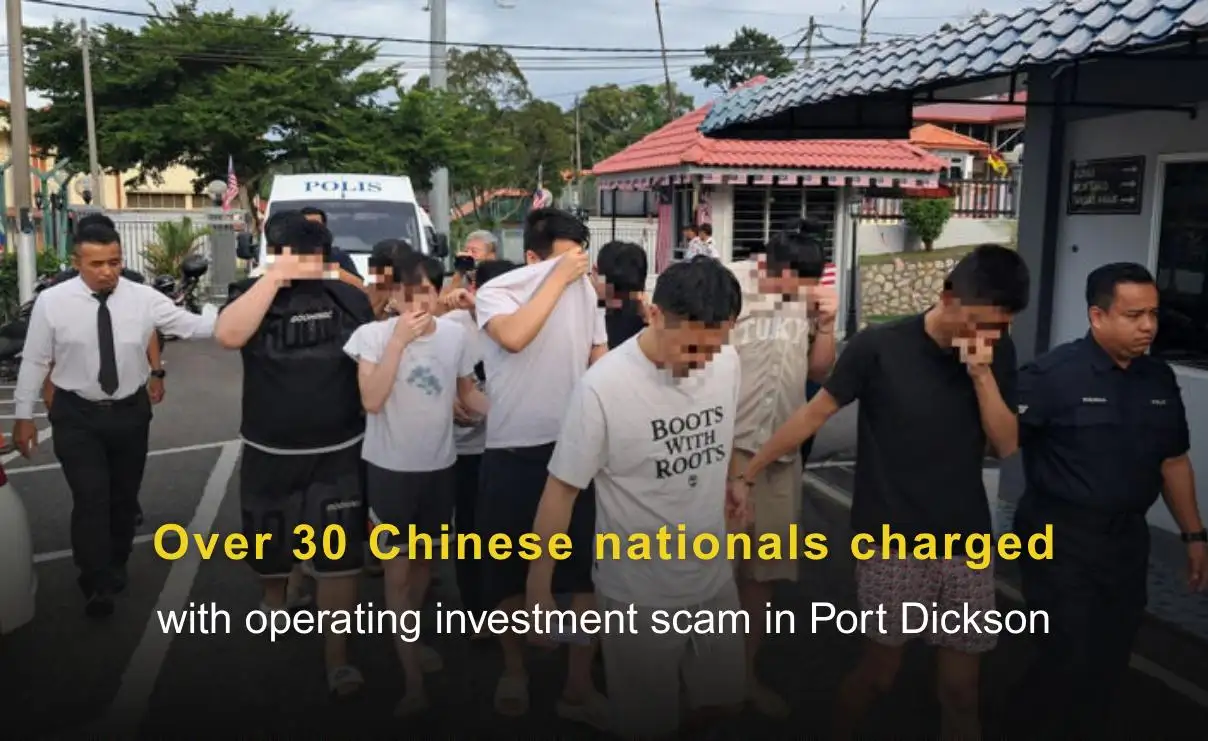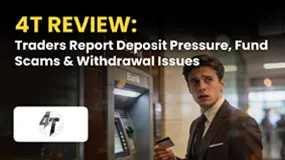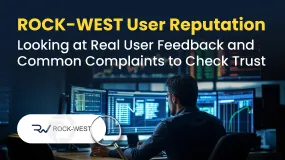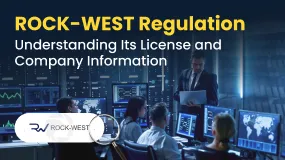Abstract:The CFTC has filed a lawsuit against individuals and firms for a $280M Ponzi scheme, highlighting efforts to combat large-scale fraud in global commodity trading.
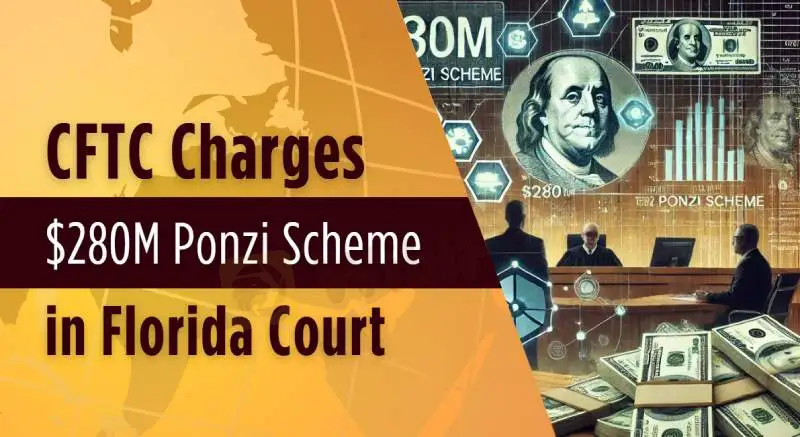
The Commodity Futures Trading Commission (CFTC) has filed a civil enforcement case in the Southern District of Florida, alleging a number of persons and corporations of organizing a $280 million Ponzi scam. This action emphasizes the continuous efforts to prevent large-scale commodities fraud and unlawful trading.
CFTC Investigates $280 Million Ponzi Scheme
The action is against Traders Domain
- FX LTD, a St. Vincent and the Grenadines-based firm with Canadian activities. The scheme's co-founders, Frederick Teddy Joseph Safranko, often known as Ted Safranko, and David William Negus-Romvari, play crucial roles.
- Ares Global Ltd. of Saint Lucia
- Algo Capital LLC of Florida
- Algo FX Capital Advisor LLC, now known as Quant5 Advisor LLC, were also engaged. Robert Collazo Jr. of Miami Lakes, Florida; Juan Jose Herman (JJ Herman) of Miami.
- Michael Shannon Sims of Sunny Isles Beach are also mentioned in the case.
- Centurion Capital Group Inc., a Florida company, and three of its officers and agents including Alejandro Santiestaban a/k/a Alex Santi, Gabriel Beltran, both of Hialeah, Florida, and Archie Rice of Fulshear, Texas.
The CFTC claims that these people and businesses solicited more than $283 million from over 2,000 naïve clients. Investors were misled into thinking their funds were being utilized in leveraged or margined commodities transactions, such as gold-to-USD pairings (XAU/USD), while the defendants surreptitiously plundered the funds for personal gain.
Fraudulent Cross-border Operations
The lawsuit describes how the scam, which started in November 2019, continues to this day. The defendants devised a sophisticated Ponzi scheme, using many layers of middlemen to mislead investors and conceal the actual nature of their activities. These sponsors, who were often individuals or small businesses, gave the plan a veneer of legality while diverting investor monies to their own wallets.
Algo Capital and Quant5 Advisor were key actors in the hoax, with agents such as John Fortini of North Miami and Stephen Likos of Sunny Isles Beach playing an important role in soliciting investors. Despite obvious red flags, these agents persisted in luring clients into their fraudulent plan. The network stretched beyond U.S. borders, with Centurion Capital Group Inc. in Florida and agents such as Alejandro Santiestaban (Alex Santi) and Gabriel Beltran from Hialeah, Florida, being extensively engaged.
Customers encountered progressively significant waits while seeking to withdraw cash as the Ponzi scam collapsed. To preserve the appearance of solvency, the defendants offered contradicting and ambiguous answers while continuing to recruit new investors, therefore perpetuating the deception.
Legal Proceedings and Severe Penalties
The CFTC is pursuing severe penalties, including the return of fraudulently acquired gains, civil fines, and full compensation for misled investors. They are also requesting trading bans and registration to prevent these people from participating in future commodities trading.
On October 3, U.S. District Judge Roy K. Altman issued a statutory restraining order freezing the defendants' assets and providing the CFTC instant access to their financial documents. A preliminary injunction hearing is scheduled on October 29 to decide the next steps in the lawsuit.
Reporting Commodity Fraud
Individuals are highly encouraged by the CFTC to report any suspicious actions or suspected fraud linked to commodities trading. The National Futures Association's (NFA) BASIC database allows investors to review firm registrations. Whistleblowers are also incentivized by the CFTC, which offers compensation ranging from 10% to 30% of the monetary penalty collected from wrongdoers.
Furthermore, the CFTC has issued various advisory, like the Commodity Pool Fraud Advisory, to educate the public about the dangers of unregistered investment schemes.
Final Thoughts
The CFTC's robust action against Traders Domain FX LTD and its affiliates underscores the growing danger of Ponzi schemes and other fraudulent activity in the commodities trading industry. The agency's goal is to safeguard investors, ensure industry compliance, and discourage future fraud by implementing harsh fines and punishments. Financial experts, legal advisors, and compliance officials must be on the lookout for warning indicators, especially in operations involving complicated trading systems.
This case emphasizes the need for robust collaboration among authorities in several countries, notably the United States, Canada, and other Caribbean nations, in confronting and dismantling large-scale financial fraud organizations.
Stay informed on the latest developments in financial fraud and Ponzi schemes. Visit WikiFX News for in-depth coverage of the $280M CFTC case and more!





